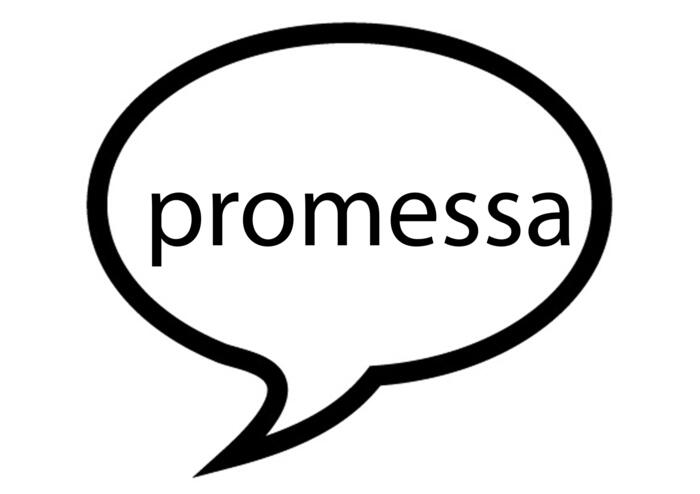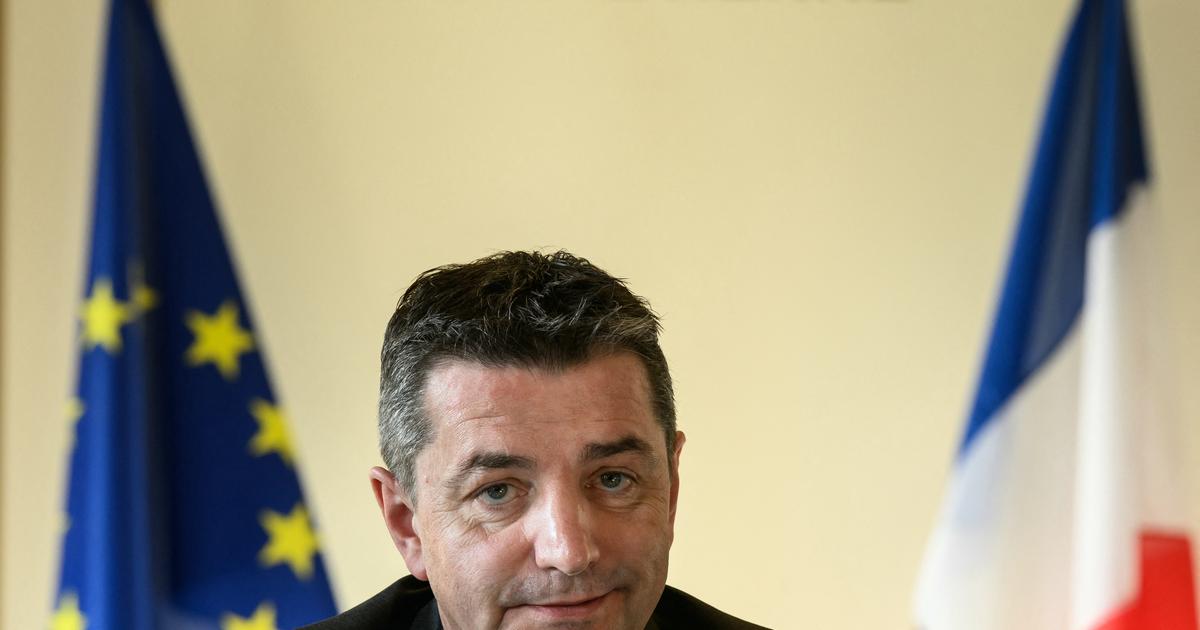With the electoral campaign in full swing and which by definition is made above all of
words
(in speeches, talk shows, posts on social media), one of the most used and abused and for this reason already widely criticized and resized, is the
promised
word .
There is nothing wrong, of course: the essence of an electoral challenge for each party is to (or should be) to put on the table its own electoral program, which is a list, more or less articulated, more or less detailed and supported by explanations on how to fulfill the promises it actually contains.
Someone wrote that the gunboats of the amazing proposals, that is, of unrealizable promises, are already firing at full strength.
Because even the promise, which is a word genetically and etymologically linked to the future, moves on slippery territory and can take very different paths.
The expression, which has also become a metaphor, to which we have always linked it is that of
'Promised Land',
the one that in the book of Genesis of the Bible is indicated for the descendants of Abraham through his son Isaac.
Much centuries later, in the secular era of disenchantment,
Eros Ramazzotti
interprets it as a dreamed, hoped, utopian horizon with a clear vein of skepticism.
Although we have to do with words, we have said several times that etymology is not everything: it can certainly tell us a lot about the origin of a word and also surprise us for the changes that have occurred in its path but certainly not everything.
The origin of promise, however, immediately tells us something: the Latin promittere is composed of pro-, in front, and mittere, to send and pròmissa therefore are the things promised.
He therefore tells us the link of the word with the future and therefore with the expectation and hope but also, therefore, with the risk and the possibility of a disappointment if not a real betrayal.
Anyone who remembers the Latin studies done at school will perhaps remember the
trimurti 'spero promitto iuro'
.
It was an easy rhyme used as a trick to memorize a rule: 'I hope promised and Iuro want the infinite future'.
If we hope, if we promise and, even more so if we swear, we are doing it because we are already projected and connected with the future.
Promitto tibi daturus, I promise that I will give you: in Italian that infinity no longer exists but the future has remained.
And the future, as we have said before, is by definition uncertain.
The promise therefore oscillates between hope and uncertainty precisely because it concerns the future (just think of the Promessi sposi), the context that can change, the ability of someone to realize (or really want to achieve) what he has promised and therefore to keep his word. date.
Music, literature and cinema are full of promise and the consequences associated with them.
Perhaps someone will also remember the poor
Arnold Schwarzenegger
in A Promise is a Promise, grappling with the desperate search for the Turbo Man toy promised to his son in a film with bittersweet and self-deprecating implications for an actor who has been a superhero in practically every film and who will have to transform himself into Turbo Man to win back the trust of his son.
The point is that Nicholson and Schwarrzenegger belong to the category of people for whom a promise is a promise, that is, something that they really intend to respect in order to avoid that the future proposed in its time deletes those to whom they have addressed it.
But we know well that there are also sailor promises (those made in moments of difficulty and danger and promptly forgotten when the situation comes under control) or broken promises, like those athletes for whom a great future is prophesied and who then for some reason are lost.
But despite this we continue to use the expression 'promise' to indicate people, situations, companies that have a great potential, which gives hope but which does not necessarily happen.
Ernst Bloch,
author of the famous 'Hope Principle' and father of the modern redefinition of the concept of utopia
, explains why .
"Nothing can be as seductive as the beginning of something because it is the absolute promise and consolation against the old that must not remain," writes Bloch.
And this is why we tend to renew promises (obviously also electoral) even when attempts already made in this direction have failed.
In the life of a couple, for example, it is done continuously and there are also those who, like Radiohead, sang this situation in a song called precisely
'I promise
'.






